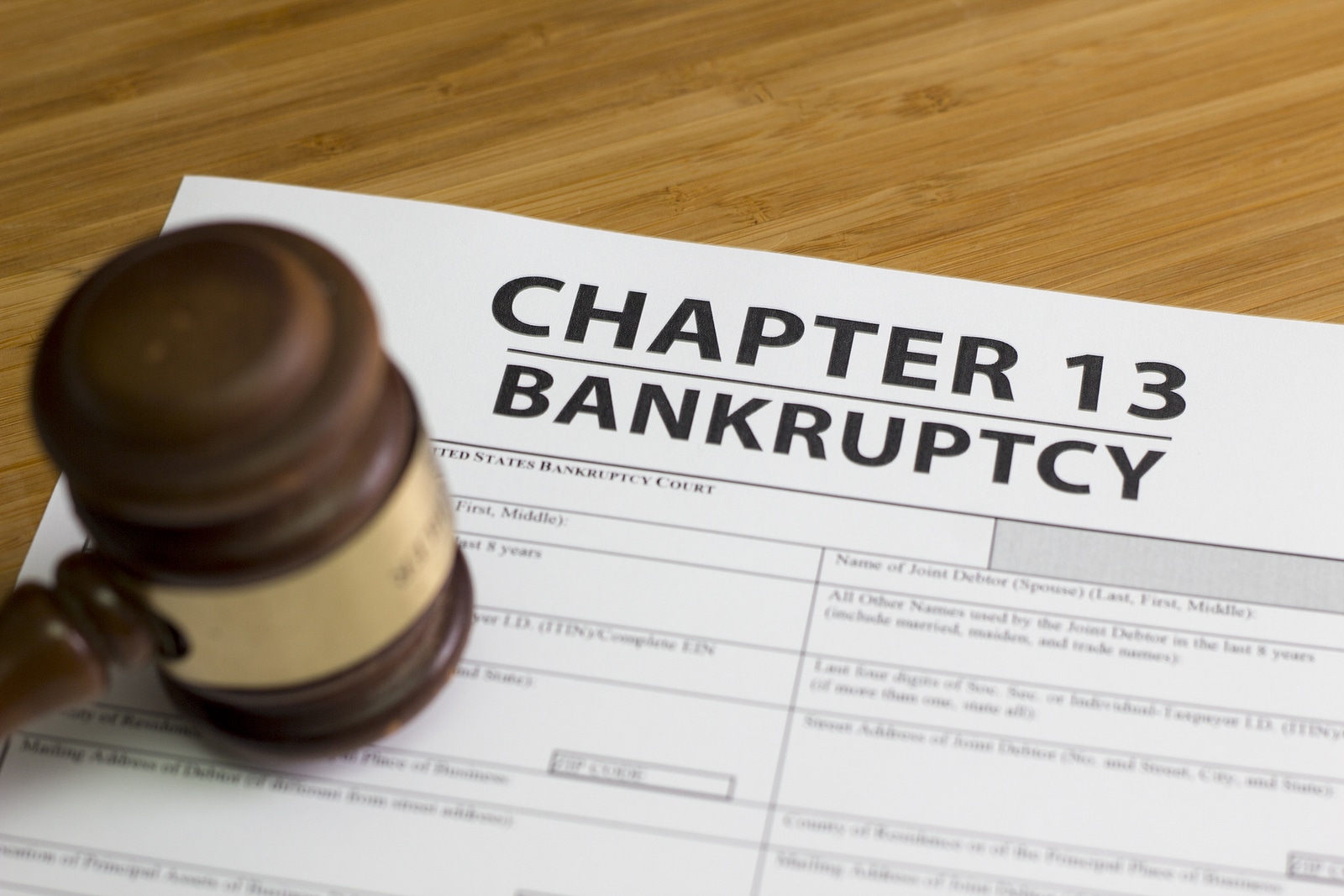Tax debt can be overwhelming, especially when penalties and interest start piling up. At Sigal Law Firm, we understand the stress that comes with IRS or state tax obligations. Whether you’re dealing with unfiled tax returns, mounting debt, or collection actions, we can help you explore the best legal options to resolve your tax burden.
Understanding Tax Debt in Bankruptcy
Not all tax debt is created equal. Some taxes can be discharged in bankruptcy, while others remain due even after a case is completed. Here are key factors that determine how tax debt is handled:
- Older Income Tax Debt May Be Dischargeable: If income taxes are at least three years old, a return was filed on time or at least two years before filing bankruptcy, and the IRS has not assessed the debt in the past 240 days, it may be discharged in Chapter 7 or Chapter 13 bankruptcy.
- Trust Fund Taxes and Fraudulent Returns Are Never Dischargeable: If the IRS determines that a tax debt resulted from fraud or intentional tax evasion, it cannot be discharged in bankruptcy. This includes trust fund taxes, which are a specific category of tax debt that comes with severe consequences if unpaid.
What Are Trust Fund Taxes?
- Trust fund taxes refer to money that a business withholds from employees’ wages and is supposed to be sent to the IRS on behalf of the employee. This includes:
- ✅ Payroll Taxes (FICA & Medicare Taxes) – Employers are required to withhold Social Security and Medicare taxes from employee paychecks and send them to the IRS.
- ✅ Federal Income Tax Withholding – Employers also withhold federal income tax from employees’ wages and submit it to the IRS.
- ✅ Certain Sales Taxes (State-Level) – In some states, businesses collect sales tax from customers and must remit it to the state. If a business fails to do so, this may also be considered a trust fund tax liability.
If the IRS determines there was fraud or intentional tax evasion, the debt will remain, regardless of bankruptcy.
Chapter 7 vs. Chapter 13 for Tax Debt
- Chapter 7: If your tax debt qualifies for discharge, Chapter 7 can eliminate it along with other unsecured debts. However, priority tax debt and tax liens will still need to be addressed.
- Chapter 13: This can be a great tool for tax debt, allowing you to stop collection actions and repay tax debt over time while potentially reducing penalties. Chapter 13 also allows you to separate dischargeable and non-dischargeable tax debt, so you know exactly what will be eliminated after completing your plan.
How Sigal Law Firm Can Help
At Sigal Law Firm, we take a strategic approach to tax debt relief, helping clients:
✅ Determine if tax debt is dischargeable by reviewing tax transcripts and IRS assessments.
✅ Stop IRS collections, including levies and wage garnishments, through bankruptcy protection.
✅ Structure a manageable repayment plan in Chapter 13 for tax debts that cannot be discharged.
✅ Negotiate settlements outside of bankruptcy, such as Offers in Compromise or Installment Agreements.
If you’re struggling with tax debt and don’t know what to do, you don’t have to face it alone. Contact Sigal Law Firm today for a consultation and let us help you find the best path toward financial freedom.















